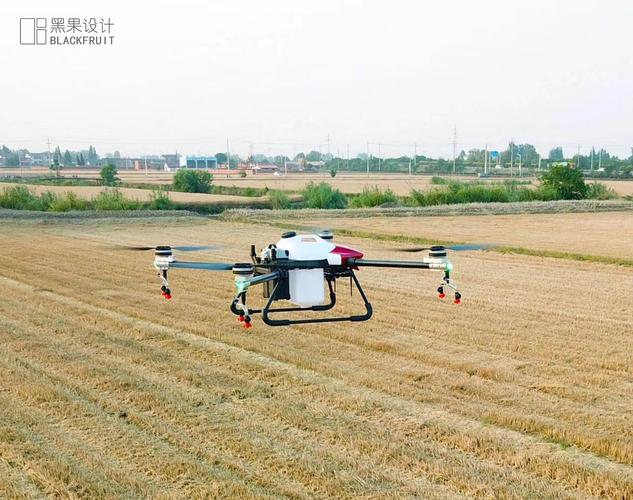The digital revolution has reached the heart of agriculture, giving rise to smart farming practices that are transforming the industry. These innovative approaches are driving efficiency, sustainability, and productivity to new heights.
-
Data-Driven Farming: Smart farming relies on data collected from various sources, including sensors, satellites, and drones. This data provides insights into soil conditions, crop health, and weather patterns, enabling farmers to make informed decisions.
-
IoT and Connectivity: The Internet of Things (IoT) has found its way into agriculture. Sensors and devices are connected to the internet, allowing real-time monitoring of everything from soil moisture to livestock health.
-
Automation and Robotics: Automation is becoming increasingly common on farms. Robots and autonomous machinery handle tasks such as planting, weeding, and harvesting. This reduces labor costs and increases efficiency.
-
Precision Agriculture: Precision agriculture is all about optimizing resource use. Smart farming techniques ensure that water, fertilizers, and pesticides are applied precisely where and when they are needed, reducing waste and environmental impact.
-
Vertical Farming: In urban areas, vertical farming is revolutionizing food production. These indoor farms grow crops in stacked layers, using LED lighting and hydroponics to maximize space and efficiency.
-
Artificial Intelligence (AI): AI-powered algorithms analyze farm data to make predictions and recommendations. For example, AI can predict crop yields based on historical data and weather forecasts, helping farmers plan accordingly.
-
Livestock Monitoring: IoT devices and wearable sensors keep tabs on livestock health and behavior. Farmers receive real-time updates and alerts, allowing for proactive care and management.
-
Blockchain Traceability: Blockchain technology is enhancing food traceability. Consumers can trace the journey of their food from farm to fork, ensuring transparency and food safety.
-
Sustainable Practices: Smart farming prioritizes sustainability. Practices like reduced chemical use, minimal soil disturbance, and conservation tillage contribute to a healthier environment.
-
Market Insights: Data analytics help farmers understand market trends and consumer preferences. This knowledge guides crop selection and production strategies.
The digital revolution in agriculture is not only about embracing technology but also about reimagining farming practices. Smart farming is not a luxury but a necessity as we face the challenges of a growing global population, climate change, and resource constraints.







Please sign in to comment
register